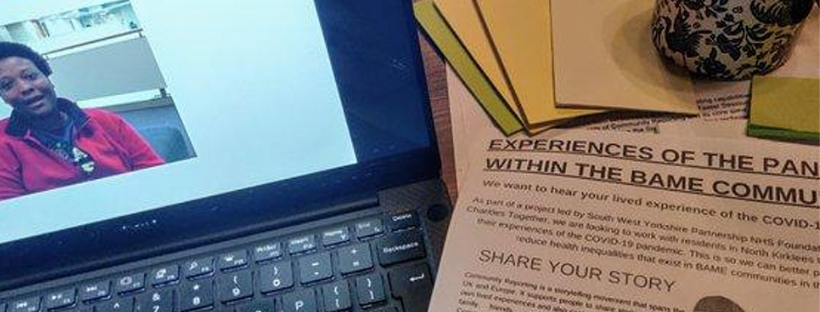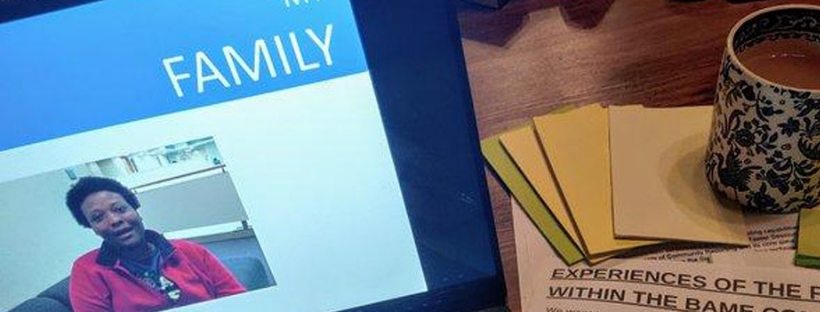INSIGHT REPORT: KEEPING WELL AGAINST THE BACKDROP OF COVID-19 IN NORTH HALIFAX

The COVID-19 pandemic has had many people asking what wellbeing means to them, what stops them being well, and what keeps them healthy. As part of a collaborative project taking place in Calderdale, West Yorkshire, People’s Voice Media has worked with residents and people who work in North Halifax to better understand their health needs.
We trained people from North Halifax as Community Reporters in order to gather stories from others about their health and wellbeing, and what really matters to the people in the area. These stories of lived experience were then examined by the Community Reporters in a series of sense-making sessions in order to pull out common themes, which have been used to make recommendations for commissioning health and wellbeing initiatives in the area. These findings were put into an insight report, which focuses on the insights from the stories and what can be done with the learnings from them. It is now available for download, demonstrating the stark health inequalities that exist and have been exacerbated by the pandemic.






